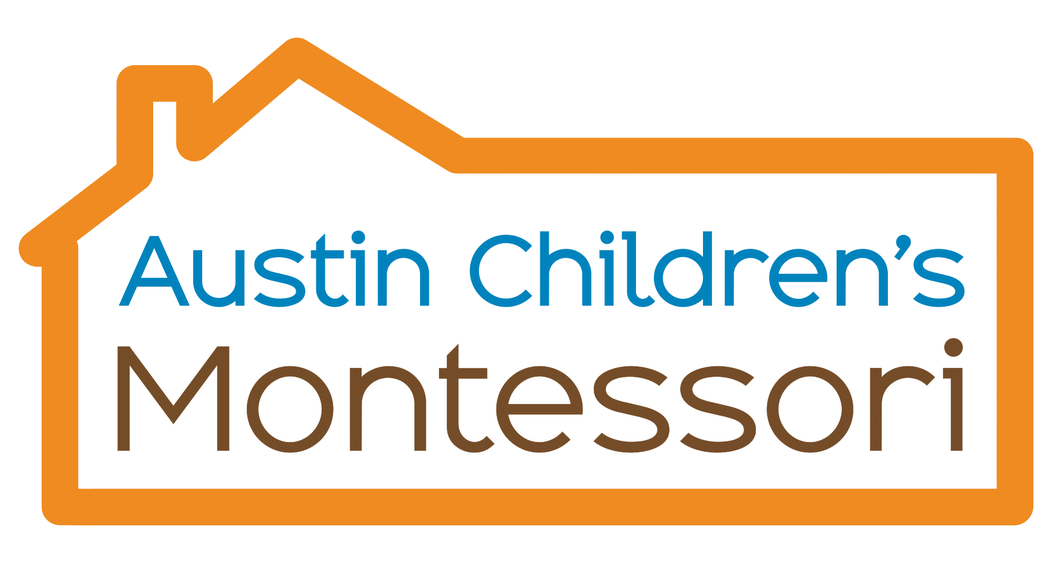Sensitive Period:
For a child, the years between birth and six are perhaps the most important ones. In these years, there are definite periods when the child has special aptitudes and can learn effortlessly; this is known as a sensitive period in Montessori. The Montessori school offers learning experiences to help the child satisfy his needs during sensitive periods.
Montessori Guides:
The Montessori Guide, also known as the Directress, guides, but does not dominate the child. She prepares the environment. She knows when to introduce new material. She knows when to offer help. She respects the inner rhythm of the child. She aims to foster independence and free choice of spontaneous activity.
Prepared Environment:
The Montessori School affords the child much stimulation and helps the child to exercise her senses in an orderly and controlled manner. The Montessori materials have been designed to provide a wide variety of learning experiences to meet the developmental needs of each child. The materials are arranged on low shelves so that the child has freedom of choice of her activity. Through working with materials that are self-corrective, the child becomes a secure, confident, independent learner. She experiences a deep inner satisfaction, which leaves her with a positive attitude towards school and learning.
Mixed Aged Classrooms:
Montessori classrooms are mixed aged and have a three year age span. The mixed aged classrooms provide the younger students an opportunity to observe the older students who act as role models while giving the opportunity for the older students to practice their leadership skills by helping the younger ones.
Uninterrupted Work Cycle:
The uninterrupted work cycle is a period of time made available in a Montessori program for children to work with specific learning materials. The work cycle is two and a half to three hours a day, depending on the Montessori program.
Freedom and Discipline:
Freedom is a goal, not a starting point. The Montessori concept of discipline is that of inner-discipline. It is a control that a child develops over his own behavior through interest in work with the Montessori materials. Self-discipline fosters creativity. A child’s freedom of movement is essential to the Montessori school. Dr. Montessori believed that children, like butterflies, should not be pinned to a chair.
Freedom within Limits:
Although the child has the freedom to choose what he wants to work on (after a presentation is given on each material) and move freely in the classroom, the limits or ground rules are established by the Montessori Guide.
Montessori Materials:
Designed by Dr. Montessori, the Montessori materials provided in each Montessori program is presented to the child in a particular way and is also referred to as didactic materials. According to the Montessori Method, the manner in which materials are presented and displayed is as important as the materials themselves. The materials are unique in that each material focuses on one element at a time; the materials are presented to the child in a certain order; the materials are displayed in a certain way on each shelf; trays are used to transport the material to their work mat or a table, giving each child the independence to move freely in the classroom; each material provides a control of error where the child can self correct herself and the classroom provides a range of Montessori materials to work with according to each child’s readiness and development (mathematics, language, sensorial, practical life, science, botany, music, geography and culture).
